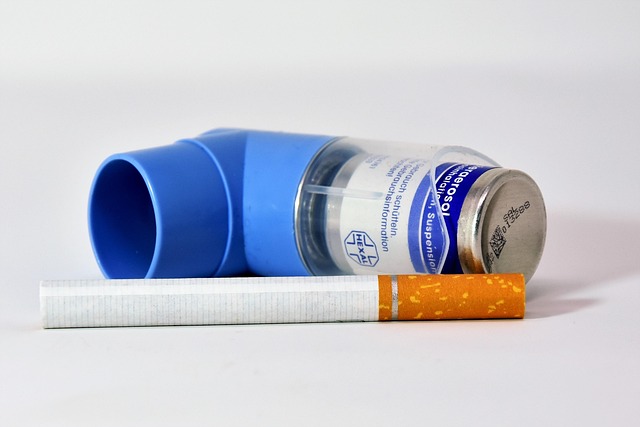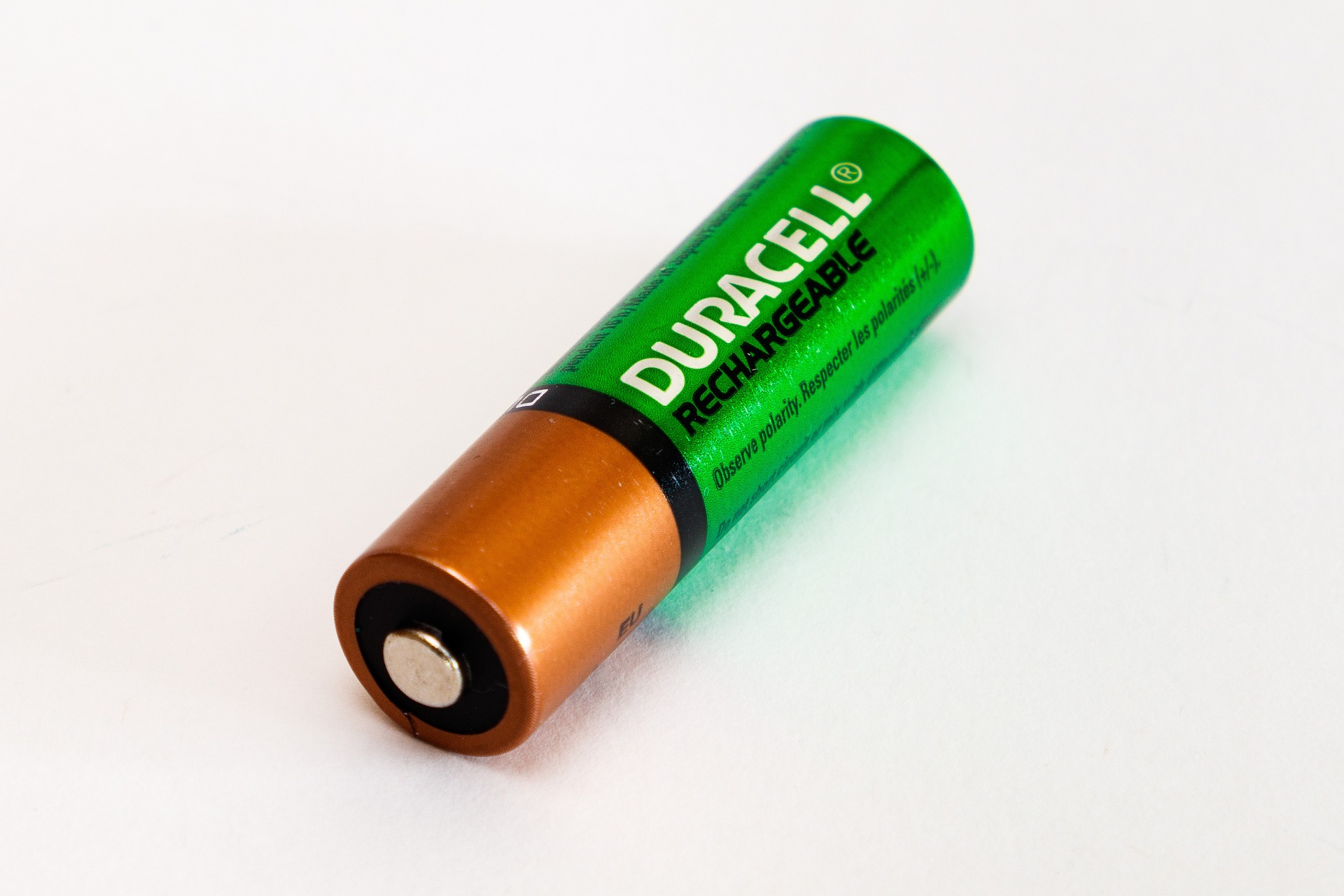The Guide to Paid Smoking Clinical Trials
Paid smoking clinical trials represent a unique intersection of personal health improvement and scientific advancement. These research studies offer participants the opportunity to contribute to groundbreaking smoking cessation research and perhaps receive compensation and professional medical support. From innovative nicotine reduction strategies to behavioral interventions, these trials are reshaping our understanding of addiction treatment while providing smokers with structured paths toward better health.

What are smoking clinical trials?
Smoking clinical trials are research studies designed to evaluate new methods, treatments, or interventions aimed at helping people quit smoking or reduce tobacco use. These trials are conducted by medical researchers, universities, or pharmaceutical companies to test the safety and effectiveness of various smoking cessation approaches. Participants in these studies play a crucial role in advancing scientific knowledge about tobacco addiction and its treatment.
Why do researchers conduct paid smoking clinical trials?
Researchers conduct paid smoking clinical trials for several reasons. Firstly, these studies help in developing new and more effective treatments for tobacco addiction. Secondly, they provide valuable data on the physiological and psychological aspects of smoking cessation. Lastly, offering compensation helps attract a diverse pool of participants, ensuring more comprehensive and representative results. The financial incentive also helps offset any potential costs or inconveniences associated with participating in the trial.
Who can participate in smoking clinical trials?
Eligibility for smoking clinical trials varies depending on the specific study objectives. Generally, participants must be current smokers who are motivated to quit or reduce their tobacco use. Age requirements typically range from 18 to 65, but some studies may focus on specific age groups. Other criteria may include the number of cigarettes smoked per day, overall health status, and the absence of certain medical conditions. Some trials may also seek participants with specific characteristics, such as those with a history of failed quit attempts or smokers with particular health conditions.
What are the benefits of participating in paid smoking clinical trials?
Participating in paid smoking clinical trials offers several benefits. First and foremost, participants receive professional support and guidance in their quit attempt, often including access to cutting-edge treatments not yet available to the general public. The structured nature of these trials can provide additional motivation and accountability for those trying to quit. Moreover, participants contribute to scientific progress, potentially helping millions of future smokers. The financial compensation, which varies by study, can serve as an additional incentive and may help offset costs associated with quitting, such as nicotine replacement therapies.
What types of interventions are studied in smoking clinical trials?
Smoking clinical trials in the United States explore a wide range of interventions. These may include new pharmaceutical treatments, such as novel nicotine receptor modulators or vaccines designed to prevent nicotine from reaching the brain. Other studies focus on behavioral interventions, like smartphone apps that provide real-time support or virtual reality experiences that help manage cravings. Some trials investigate combination therapies, pairing medications with counseling or other support systems. There’s also growing interest in personalized approaches that tailor treatments based on an individual’s genetic makeup or smoking patterns.
How much compensation can participants expect from paid smoking clinical trials?
Compensation for paid smoking clinical trials varies widely depending on factors such as the length of the study, the number of required visits, and the nature of the intervention being tested. Typically, participants can expect to receive between $50 to $400 per visit, with total compensation ranging from a few hundred to several thousand dollars for longer-term studies.
Here’s a general overview of compensation ranges for different types of smoking clinical trials:
| Trial Type | Duration | Estimated Compensation Range |
|---|---|---|
| Short-term medication study | 1-4 weeks | $200 - $1,000 |
| Long-term medication study | 3-12 months | $1,000 - $5,000 |
| Behavioral intervention study | 1-6 months | $300 - $2,000 |
| Brain imaging study | 1-3 days | $150 - $600 per visit |
| Genetic study | One-time blood draw | $50 - $200 |
Prices, rates, or cost estimates mentioned in this article are based on the latest available information but may change over time. Independent research is advised before making financial decisions.
In conclusion, paid smoking clinical trials offer a unique opportunity for smokers to access cutting-edge treatments, contribute to scientific research, and potentially receive financial compensation. These studies play a crucial role in advancing our understanding of tobacco addiction and developing more effective cessation strategies. While the compensation can be attractive, it’s important for potential participants to carefully consider their motivations and the requirements of each study before committing to participate.
This article is for informational purposes only and should not be considered medical advice. Please consult a qualified healthcare professional for personalized guidance and treatment.




